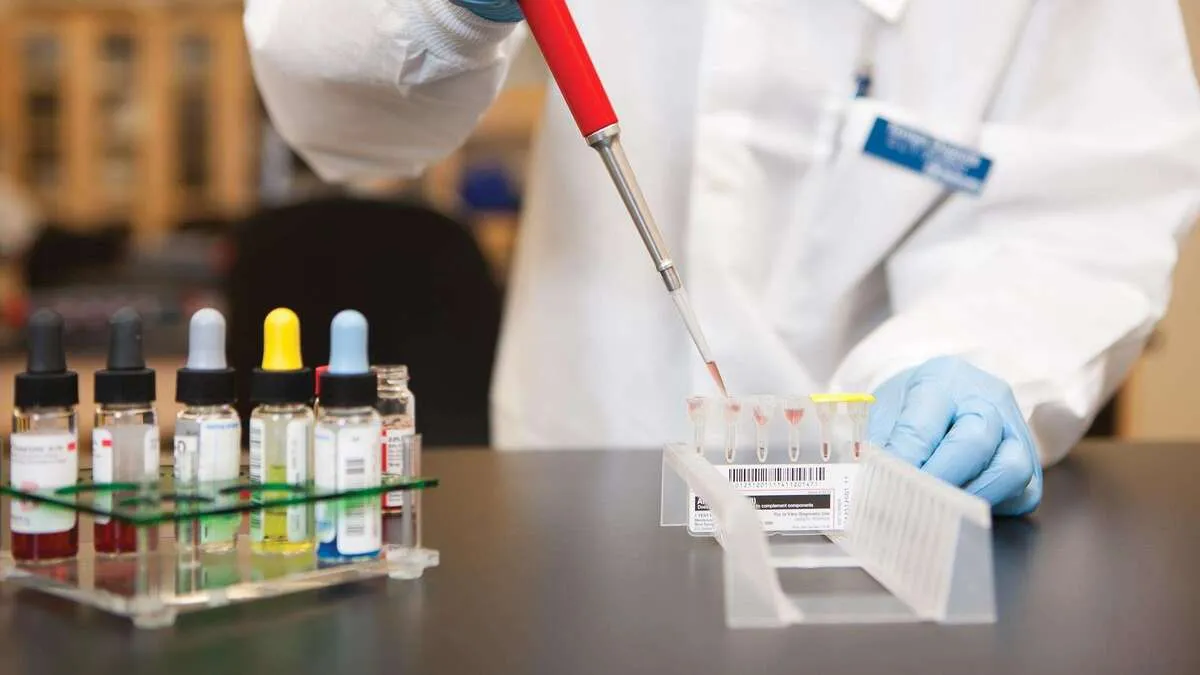Iranian Scientist Studies Methods to Immunize Animals, Fragmentation of Sperm DNA by Flow Cytometry

"In the field of biochemistry, I started my research for the immunization of laboratory animals, and I also conducted research for the production and purification of anti-ubiquitin and anti-fibronectin polyclonal antibodies,” Nazila Amini, the managing director of the company and a member of the Iranian Biochemistry Association, told ANA.
“I also conducted research in the field of peptide-based monoclonal antibody production against β-actin protein, and analyzed semen and sperm functional tests and sperm staining with the aim of morphological detection and DNA damage. In the next step, I evaluated the effect of anti-fibronectin on capacitated and non-capacitated human sperms in the form of research, and I chose cell and sperm selection by magnetically activated cell sorting and fluorescence activated cell sorting (MACS, FACS) to conduct the research,” Amini explained.
“Evaluation of sperm mitochondrial activity, sperm apoptosis, sperm chromatin integrity and sperm DNA fragmentation by flow cytometry method and evaluation of hepatic differentiation capacity of stem cells derived from menstrual blood are among my other researches,” she underlined.
Flow cytometry analysis reveals a varying degree of DNA damage. It is able to quantify the degree of impairment even in samples with minimal DNA fragmentation.
DNA damage was observed even in samples that were considered normal with a routine semen analysis. Flow cytometry was sensitive to changes in sperm apoptosis.
4155/v





















